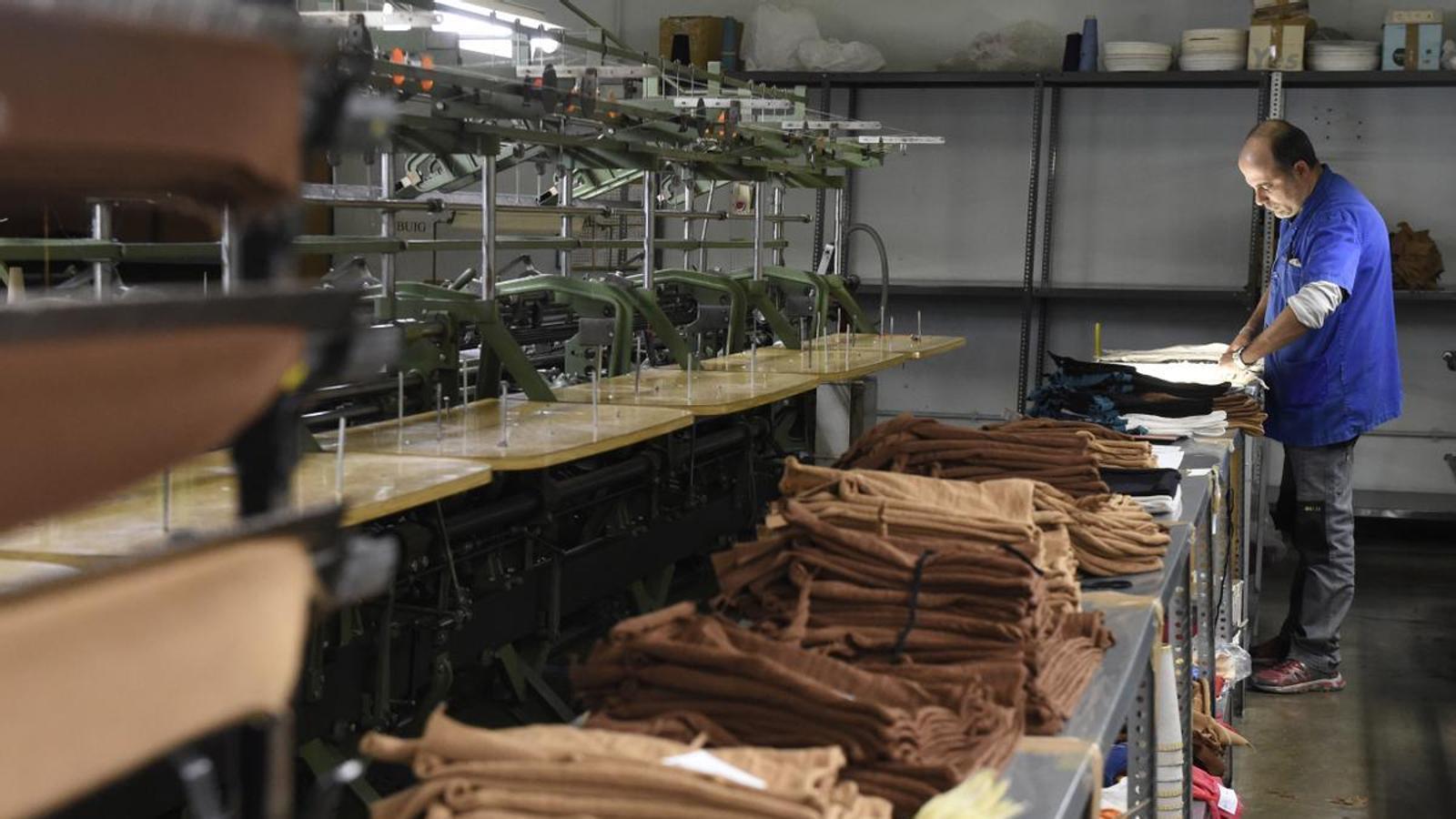Administration can make society more just


Why should the public administration continue to award contracts as if only price mattered, when it could do so based on criteria that also improve people's lives?
Public procurement represents almost 20% of Spain's GDP. This means that each year the government spends billions of euros to provide services, purchase products, and promote projects. But who are these contracts awarded to? Who really benefits from this expenditure?
For several years now, Law 9/2017 on public sector contracts has opened the door, and even required, the incorporation of social and environmental criteria into procurement. This is an immense opportunity for companies and entities in the social economy, which prioritize people and the common good over profit.
Contrary to what many people think, promoting the social economy is not only legal but also desirable, because it contributes to more efficient management of public resources. This isn't just a conviction; it's established by law: "Social and environmental criteria will be incorporated into all public procurement processes, with the conviction that their inclusion provides a better quality-price ratio."
This means that an administration can—and should—include in its specifications conditions that favor these types of entities. How? By establishing contracts reserved for special social initiative work centers or integration companies. Also, by reserving social, cultural, or healthcare services for entities that meet participation and profit reinvestment criteria.
Furthermore, administrations can incorporate award criteria that value key aspects of the social economy: stable contracting, gender equality, democratic participation, or profit reinvestment. Elements that add value to the execution of contracts and contribute to a more just and inclusive society.
It is true that these options are not always applied. There is still a lack of awareness, inertia, and, in some cases, an unfounded fear that this could violate free competition. But European and Spanish regulations are clear: they not only allow it, but they also promote it.
The social economy represents a deep-rooted, inclusive, and resilient business fabric. Cooperatives, foundations, associations, integration companies, and special work centers are key to promoting decent employment, social cohesion, and local development. If governments want to hire better, with greater impact and social return, it is necessary to put this way of doing business at the center.
To put this in context: if all municipal building cleaning services were awarded to integration companies, in addition to guaranteeing cleaning, real opportunities would open up for hundreds of vulnerable people living in the area. Municipalities such as La Garriga (Vallès Oriental) and Vilablareix (Gironès) have already successfully implemented this model, demonstrating the feasibility of combining service and social impact.
This approach is already being applied in other areas, such as textile and bulky waste management, where the new waste law stipulates that at least 50% of collection and treatment must be carried out through contracts reserved for social economy companies.
It's not charity, it's collective intelligence. When an administration contracts a cooperative that reinvests profits in the region, or a company that integrates people at risk of exclusion, it's not just acquiring a service: it's building a more just society.
We must abandon the narrow vision that equates "best offer" with "lowest price." The best offer is one that improves people's lives, generates stable employment, respects the environment, and encourages participation.
Ultimately, public procurement must be a tool serving the common good. And the social economy is poised to demonstrate that another way of doing business—and of doing country—is not only possible, but necessary.
